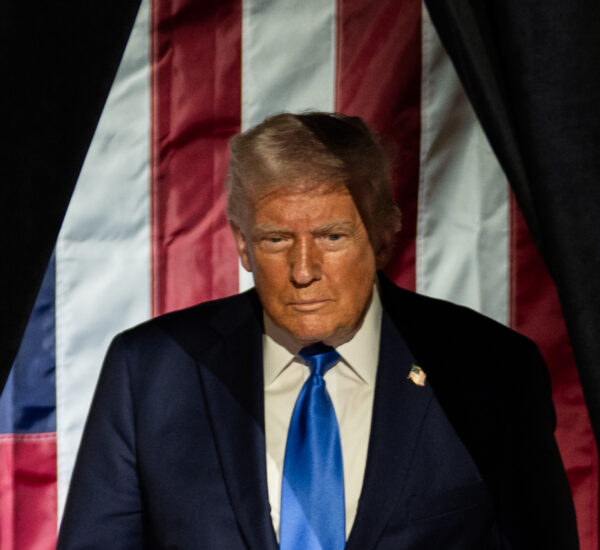Democrats Accuse Trump And Musk Of Going After What?
Republicans are raising alarms over the latest controversy involving Elon Musk’s Department of Government Efficiency (DOGE), which has been accused by Democratic lawmakers of unlawfully intervening in the National Oceanic and Atmospheric Administration (NOAA). On Wednesday, Reps. Zoe Lofgren and Jared Huffman, both from California, issued a joint statement claiming that Musk’s team had gained unauthorized access to NOAA’s systems, potentially undermining crucial government operations.
NOAA, a vital agency for weather forecasting, atmospheric research, and mapping our oceans, plays a central role in safeguarding American lives and property. Rep. Huffman and Rep. Lofgren, top members of the House Natural Resources and Science, Space, and Technology Committees, expressed concerns about the potential damage to both NOAA’s scientific integrity and the security of private American data. They argued that Musk’s DOGE, a cost-cutting initiative, is recklessly dismantling essential services that protect the safety of American families.
The accusations suggest that DOGE’s actions could endanger the livelihoods of those who depend on NOAA’s services, including severe weather warnings and coastal flood predictions. The controversy over Musk’s interference comes as security concerns were also raised within the United States Agency for International Development (USAID), where similar reports of DOGE staff breaching agency systems surfaced.
Notably, NOAA is mentioned in Project 2025, a blueprint for conservative governance published by the Heritage Foundation, which advocates for privatizing parts of the agency and restructuring its mission. While former President Trump distanced himself from the proposal, he has already taken steps aligned with its recommendations, such as nominating former NOAA official Neil Jacobs to lead the agency in his second term.
Critics worry that if left unchecked, Musk’s DOGE could continue to undermine key government operations, including those that protect American families from natural disasters. The controversy raises crucial questions about the proper role of private-sector involvement in public institutions, particularly when national security and public welfare are at stake.






